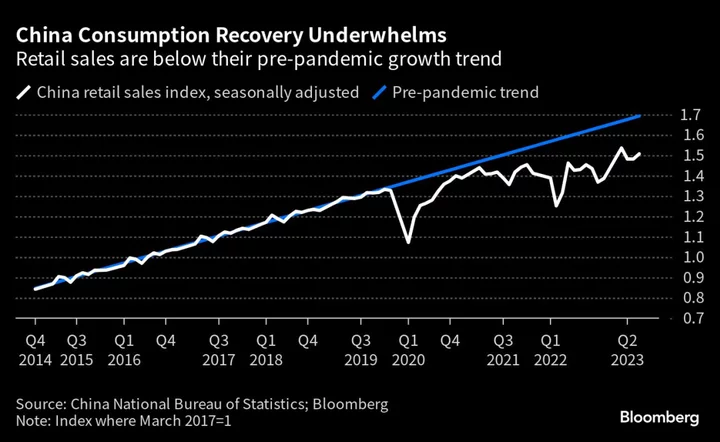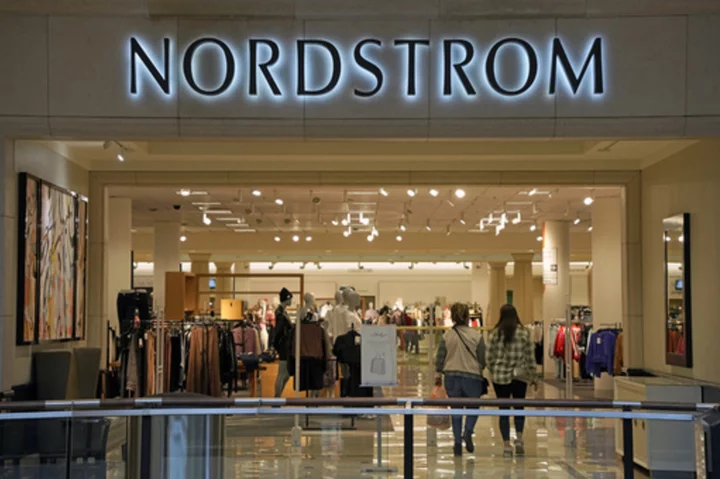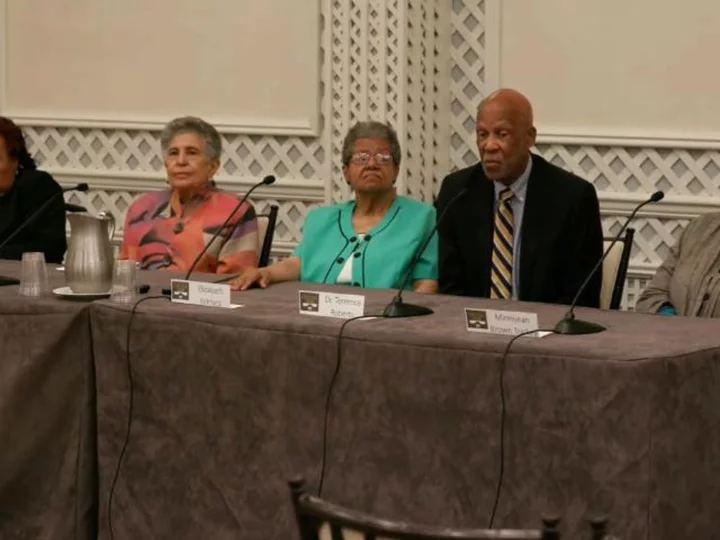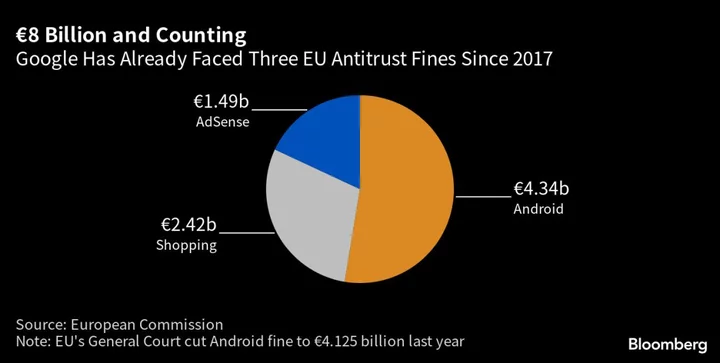China is seeking to boost consumption to spur the economy’s recovery, although the government has stopped short of providing direct fiscal support to consumers and companies to increase spending.
The National Development and Reform Commission, China’s top economic planning agency, released a wide-ranging policy document Monday containing some recently announced consumption-related initiatives. The document focuses on removing government restrictions on consumption, such as car purchase limits, improving infrastructure and holding promotional events like food festivals.
Like the measures announced Friday — which are focused on boosting manufacturing in the consumer-goods industries — the latest steps are targeted toward improving the supply of goods in the economy, rather than demand. The government has refrained from giving cash subsidies to residents since the pandemic began, focusing its support instead on providing benefits and tax breaks to companies instead.
“Policies so far have tried to stimulate consumers to spend, but the fiscal policy has not stepped up,” said Hao Hong, chief economist at Grow Investment Group. “China’s fiscal deficit is even shrinking despite the mounting downward pressure on the economy.”
Officials from the NDRC and other ministries will hold a press briefing at 3pm Monday in Beijing to outline measures to expand consumption. The absence of officials from the ministry of finance in the notice suggests that consumption vouchers will unlikely be rolled out, according to Hong.
“There aren’t much new policies in the document, and there’s no real money provided to help families,” he said.
On property policies, the NDRC document repeats a pledge to push for the renovation of old buildings and megacities’ urban villages. Local regions are encouraged to provide subsidies for the purchases of home appliances and home renovation materials in rural regions.
The Communist Party’s Politburo last week signaled concern about the economy’s recovery, with officials pledging more easing of property measures, support for consumption and resolving the debt problems of local governments. On Friday, three government agencies published a raft of measures focused specifically on the so-called light industry, which covers items from home goods, food and paper-making to plastic products, leather and battery.
Investors have been buoyed by the latest announcements, even though the “actual implementation and depth of these policies remain untested,” said Tommy Xie, an economist at Oversea-Chinese Banking Corp. “This shift has redirected investors’ perspectives from seeing the glass as half-empty to viewing it as half-full.”
Chinese stocks extended their gains from last week, with the Hang Seng China Enterprises Index, which tracks the nation’s stocks listed in Hong Kong, jumping as much as 3.2% on Monday.
The latest economic data shows the recovery remains under pressure. The purchasing managers’ surveys released Monday showed another contraction in manufacturing in July and a slowdown in services activity. Surveys from China Beige Book, a US-based data provider, also showed households cut back on spending on everything but travel and restaurants in July.
“It’s difficult to stimulate the demand side with policies,” said Bruce Pang, head of research and chief economist for Greater China at Jones Lang LaSalle Inc. “When residents are generally unwilling to spend, and the government is unwilling to handout subsidies to increase the consumption tendency, policymakers can only adjust the supply for consumer goods and services to better meet the demand.”
Earlier this month, the NDRC said China would spare no time making and introducing policies to boost consumption and a slew of new measures would be introduced to lift sales of cars, electronic products and rural consumption.
--With assistance from Tom Hancock.
(Updates with additional details throughout.)









